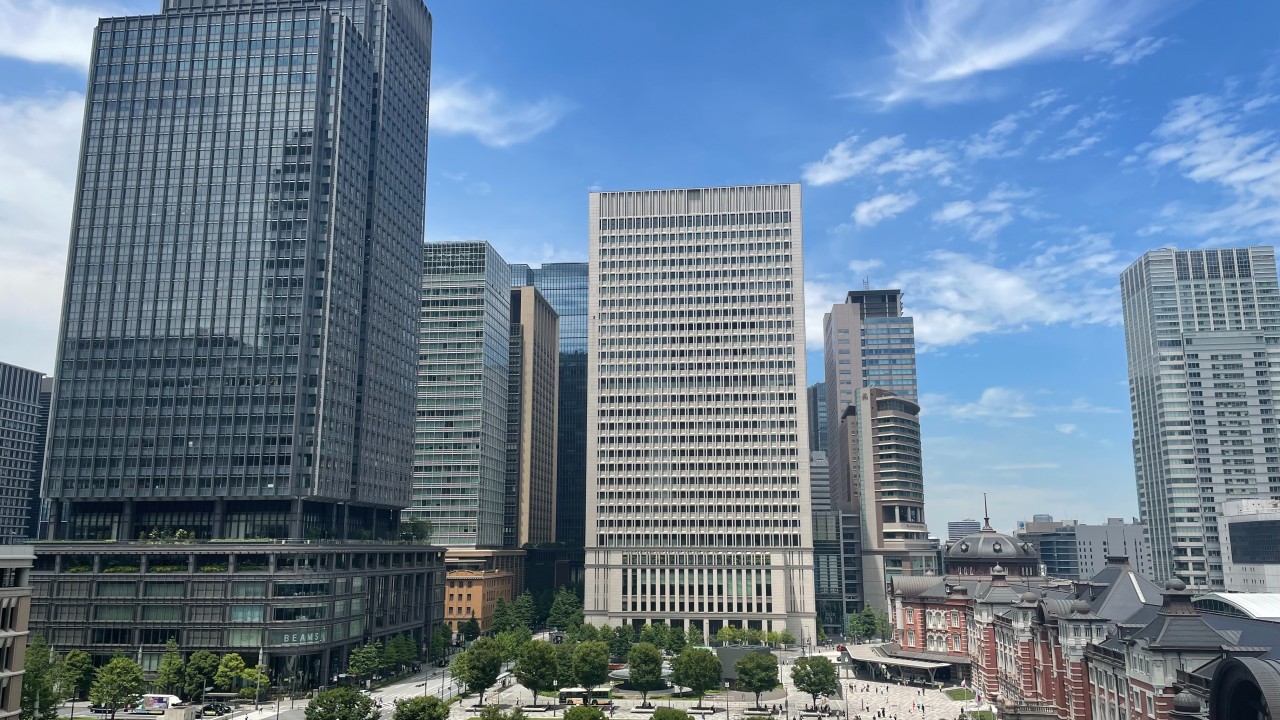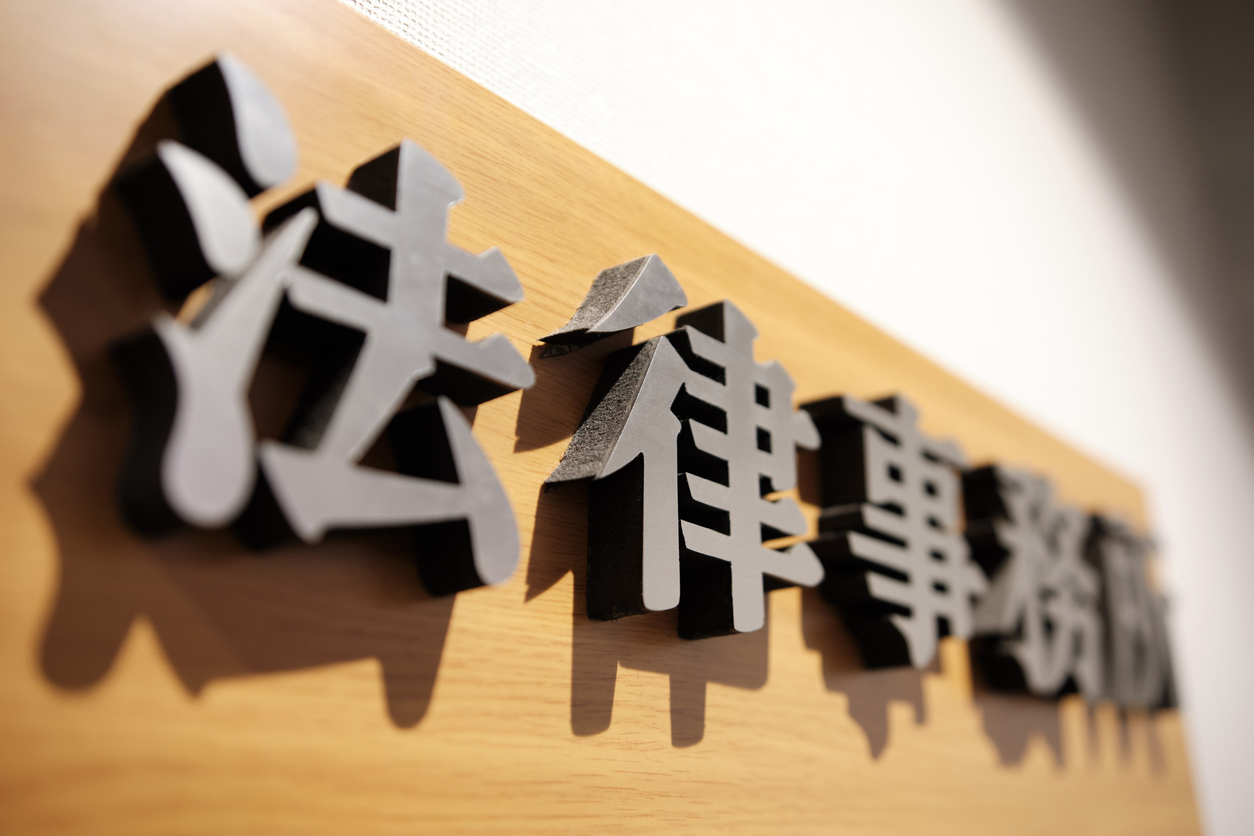As recruiters, we often hear from Japanese lawyers that they are thinking of studying abroad for various reasons. Most often, this is after the lawyer has worked in his/her firm for a certain number of years and is considering what to do for their next career step. Here are a few reasons we often hear:
#1 Improve English skills
Many Japanese lawyers lack confidence in their English speaking skills. They believe that by staying in an English-speaking country for at least a year, their English skills will improve drastically.
#2 Gain experience living and working in a foreign environment
We can all agree that living anywhere is very different from what you can experience as a traveler. With an immersive educational experience, lawyers believe they can learn and practice through hands-on experiences.
#3 Learn about a specific legal field
Recently, there has been an increase of need for legal professionals in various new fields, such as data privacy, international arbitration, fintech, and intellectual property. For some of these fields, there are more resources and precedents outside of Japan.
#4 Develop a commercial mindset and specialist knowledge with non-legal degrees
Many transactional lawyers have explained to us that learning more about business itself will allow them to be better equipped when advising their clients – whether they’re big clients or startups. To do so, they will sometimes choose to pursue an MBA or degree in management or finance.
#5 To prepare and take a foreign bar exam
Many Japanese lawyers are interested in acquiring a foreign qualification in a common law jurisdiction, such as in the UK or US. For example, while some students from common law countries will be found eligible to sit for the NY bar on the basis of their first law degree, many students will need both to complete the LLM degree and take particular classes as part of the degree in order to be eligible to take the bar.
#6 Take a (nice) break from work
After working in Big Law for a few years, gaining knowledge, experience and insight to the legal world, it’s nice to go back to school for a while to recharge and recalibrate.
#7 Follow the steps of their senpais (senior colleagues)
Some junior lawyers see that their senior colleagues have gone down the same path and have successfully climbed up the law firm ladder after studying abroad and, often, obtaining foreign qualifications. So, they believe that this is a recipe for success.
But should you go?
The above reasons all sound grand, but does studying abroad make a true difference as a step up in your career? What do Managing Partners and employers think about studying abroad as a Japanese lawyer?
Great life experience
Studying, living, and possibly working abroad can really broaden one’s horizons and open yourself to, literally, a whole new world. It can provide you with a new perspective to life and work. However, in terms of legal knowledge, on the job training in an international environment might be able to provide more insight compared to just learning it in school.
Fancy paid sabbatical
Many lawyers study abroad with the sponsorship of their law firm- that includes tuition and subsidies for the cost of living. It’s more of a perk, nowadays, instead of something needed to gain knowledge about how lawyers in other countries practice law.
Interrupting a driven lawyer’s career
Essentially, if a Japanese lawyer were to go abroad to study (maybe more than one degree) and gain a foreign qualification, that would mean a 2-3 year pause to their career, away from the field and past clients and contacts.
Does it prove that your English is better?
Unfortunately, it is not uncommon that, even if Japanese lawyers have studied abroad, they are still not confident or comfortable in speaking English in a business setting.
Can you really use what you’ve learnt?
For Japanese Bengoshi, acquiring a foreign license (such as a UK or NY bar) can be a great way to show their understanding of English common law. Another reason to get a foreign bar qualification is to be able to advise as a foreign-qualified lawyer in Japan. For some firms, compensation ranges can be quite different depending on which qualification a lawyer holds.
However, unless the lawyer uses the license to work in that jurisdiction for a certain number of years, they usually won’t be able to advise their clients regarding the laws of that jurisdiction in Japan. Most firms would not expect a NY-qualified, Bengoshi lawyer to advise on US legal matters.
Conclusion
Studying abroad and gaining foreign qualification is a “nice to have” but not necessary to work as a good Japanese lawyer in Japan, in both international and domestic firms. If Japanese lawyers are looking to work in a more international environment, while continuing to add value as a specialist in Japanese legal matters, it would be more practical (and cost efficient) to consider working for an international law firm or company instead of going abroad.




